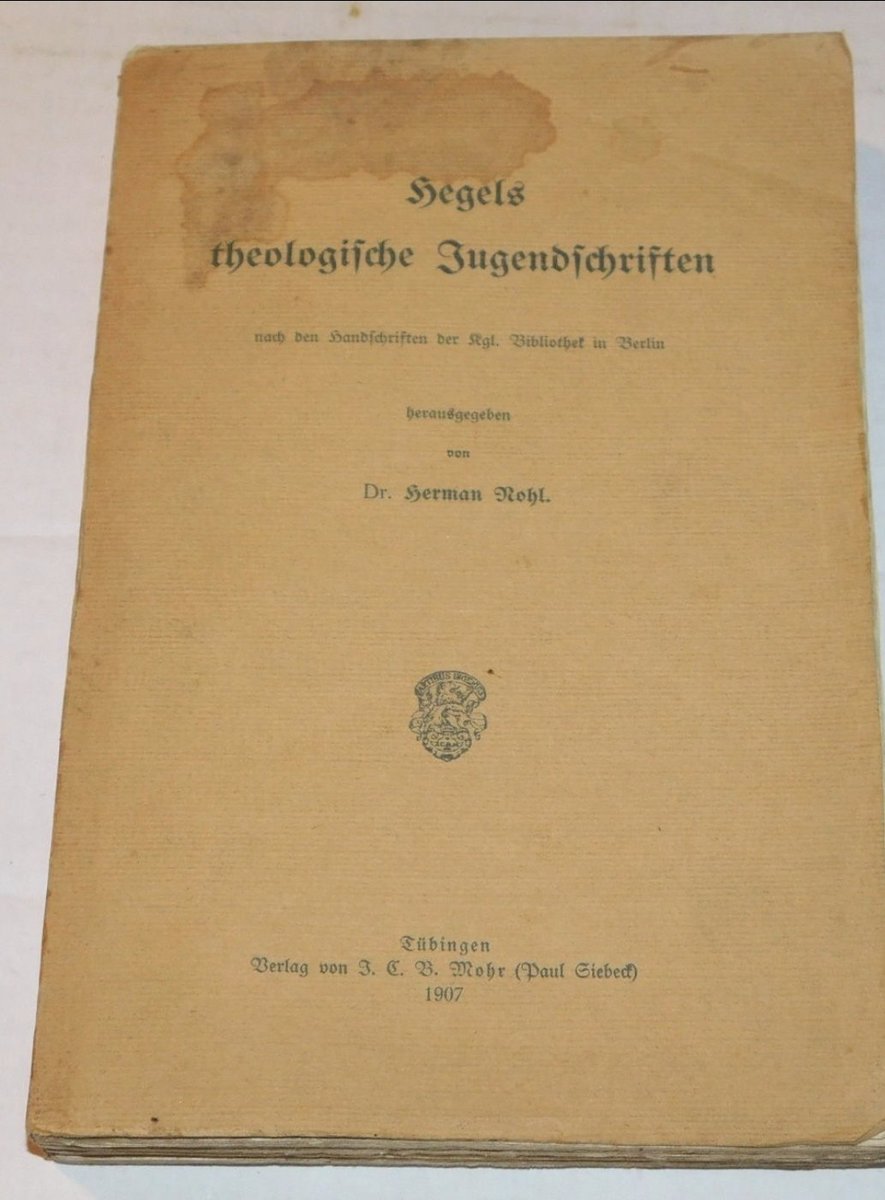
alanigolanski.bsky.social
@alanigolanski
James Kent Scholar, legal philosophy @ColumbiaLaw -- philosophy @GC_CUNY -- Ghanaian music @CalArts -- Partner/Director @weitzluxenberg (own 2 cents).
Why the rule of law project, typically viewed as conservative, demands social and economic conditions that foster people's capabilities to assert rights and defenses, coordinate opposition to arbitrary authority, and participate in democratic governance. capitallawreview.org/article/127835…

L'histoire nous mord la nuque (History is snapping at the napes of our necks). -- Daniel Bensaïd (1968)
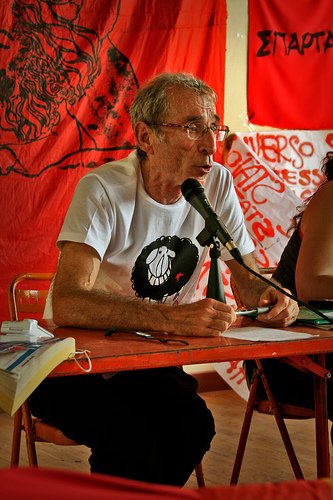
Husserl reacted against "an indifferent turning-away from questions of meaning or meaninglessness that are decisive for a genuine humanity," this retreat engendered by a positivistic worldview blinded by the "prosperity" produced by the sciences.
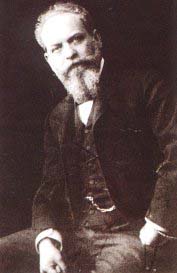
Vernuft wird Unsinn, Wohltat Plage (reason becomes nonsense, well-being misery). -- Goethe
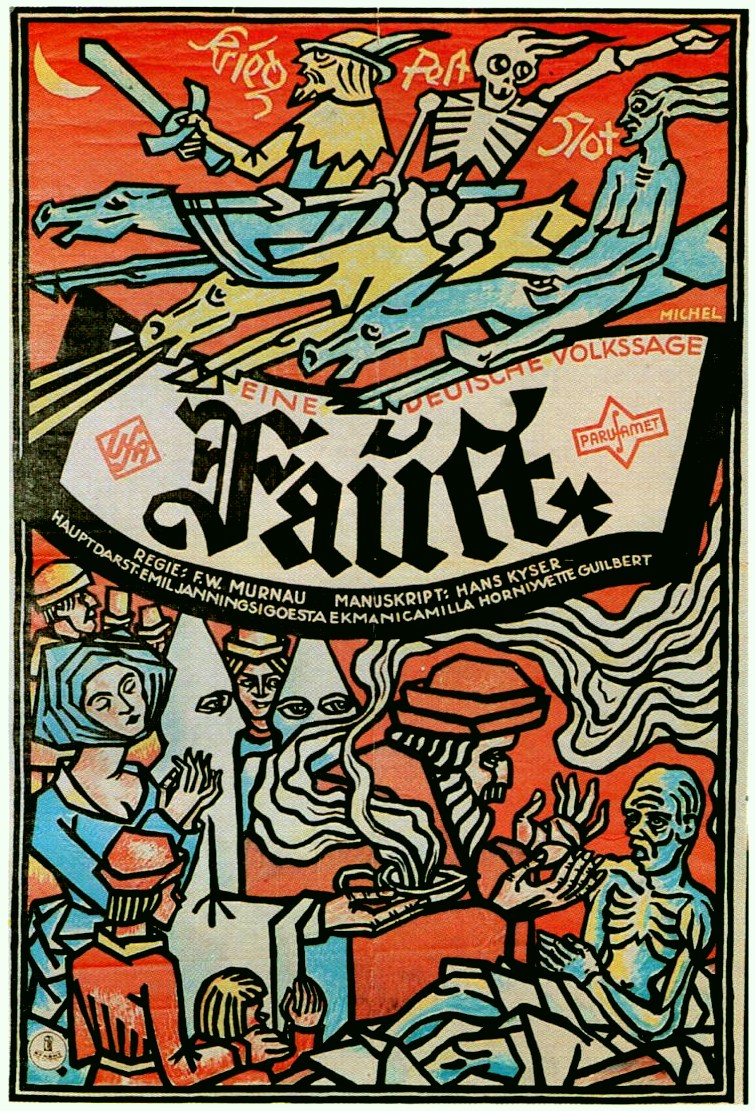
His thesis, what became "The Concept of a Legal System", was tremendously difficult. I had to put wet towels around my head whenever he turned in a piece, which he did with great regularity. It was a brilliant piece of work. -- HLA Hart
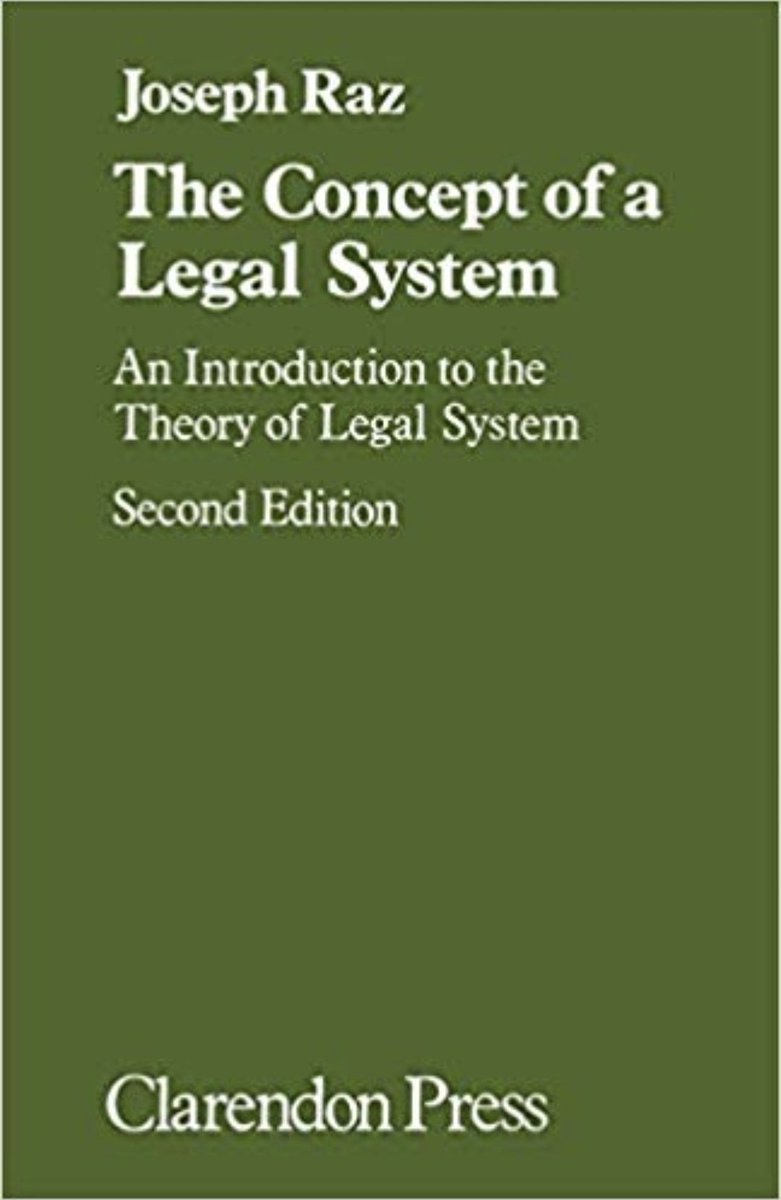
US District Judge Allison Burroughs demands that the Trump admin justify its purported argument from antisemitism in withdrawing medical research funding, and respond to the "staggering" constitutional due process concerns engendered by its actions. npr.org/2025/07/21/nx-…
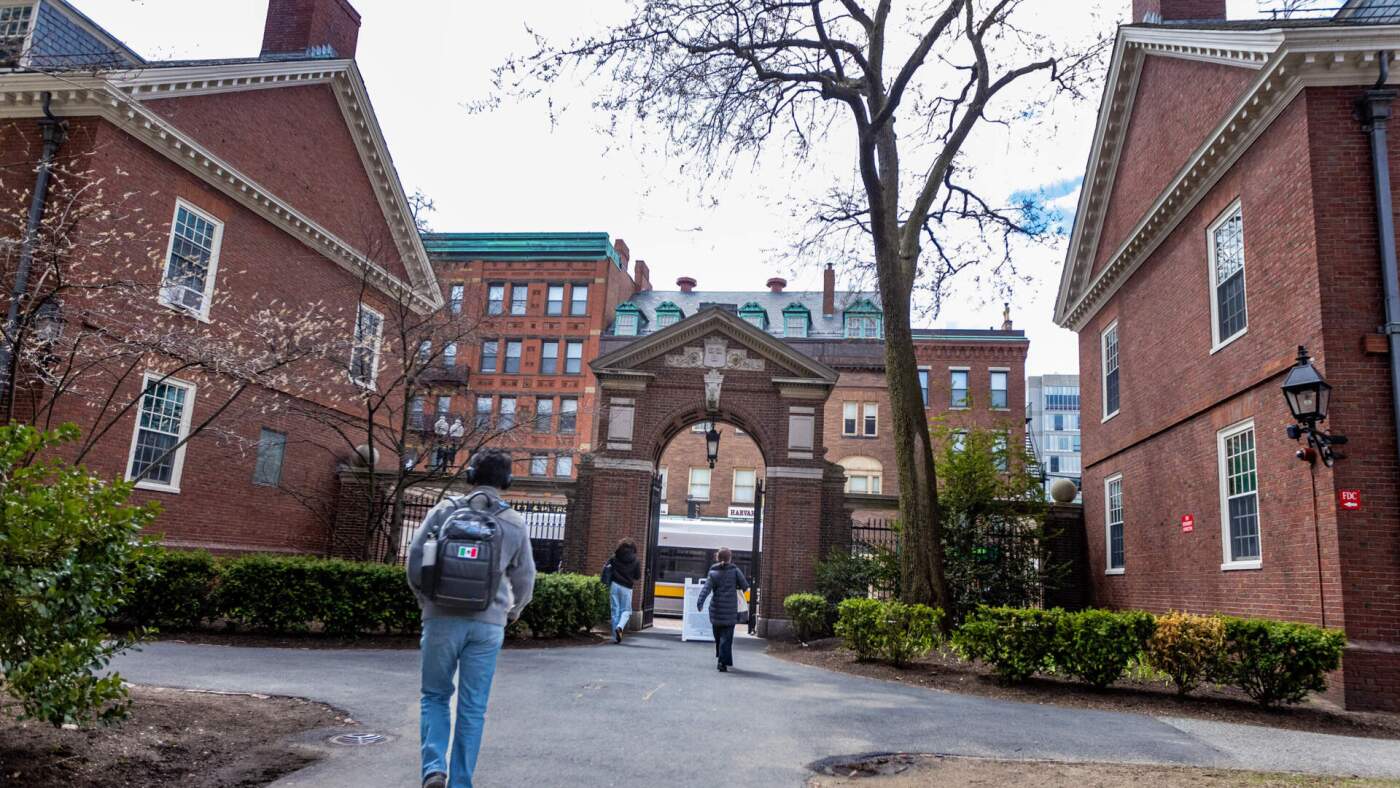
Allen Ginsberg entered Columbia in 1943 determined to become a labor lawyer, a dream that quickly evaporated when he met Lucien Carr, who emulated Arthur Rimbaud, and William Burroughs, a Vienna medical school drop-out living in the Village on his parents' allowance.
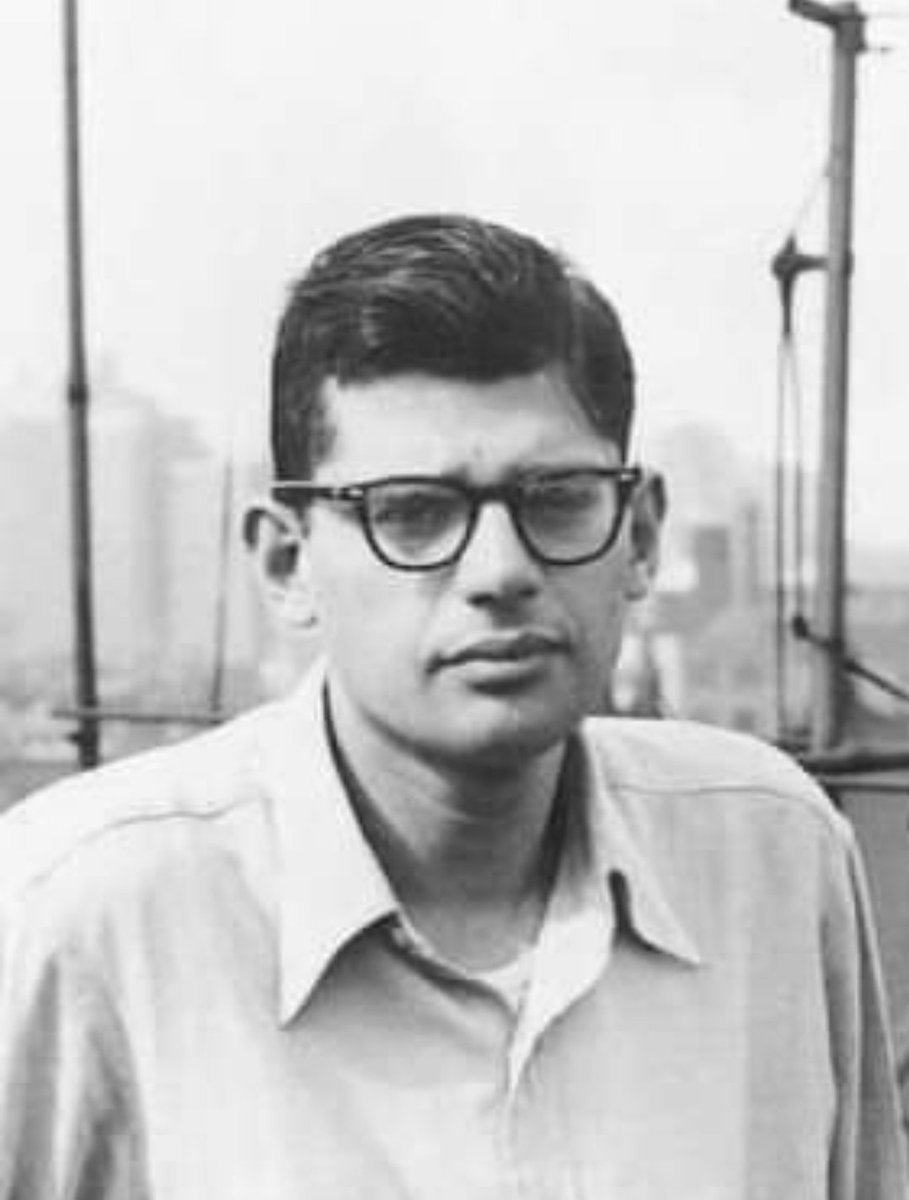
Insisting on the need for substantive equality, Norberto Bobbio (1984) believed capital's trend toward environmental destruction could be constrained through law, the state, and a commitment to universal rights.
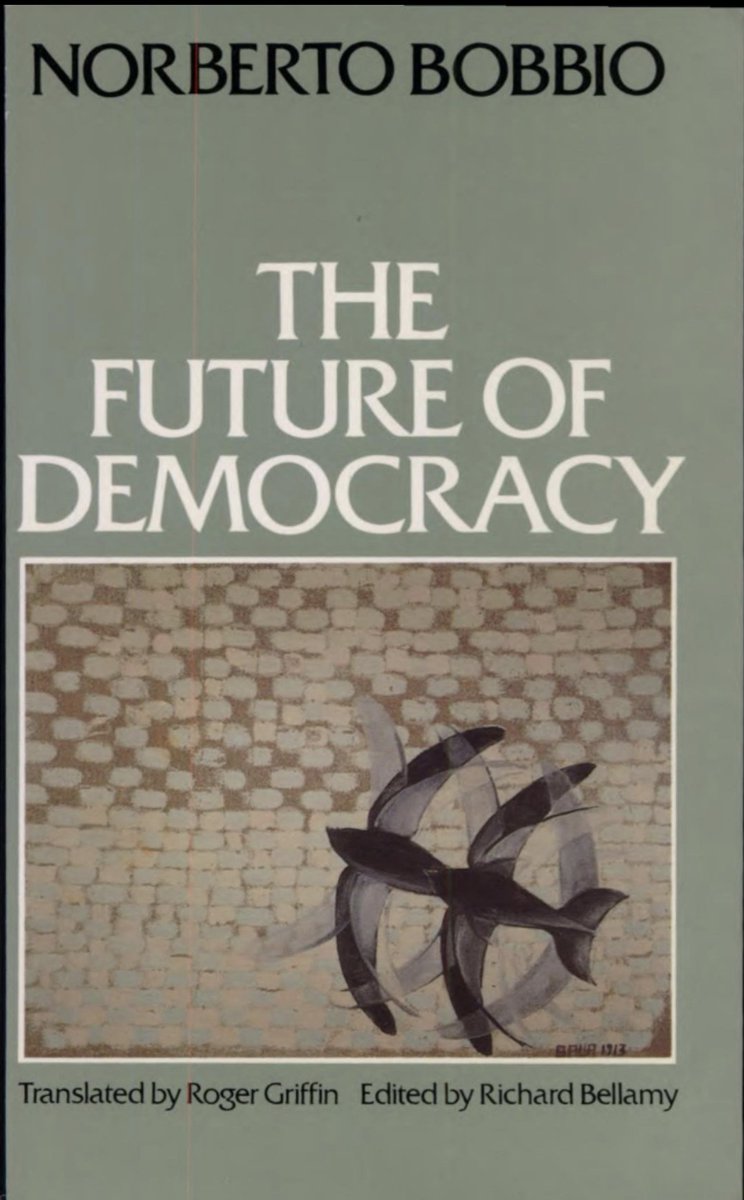
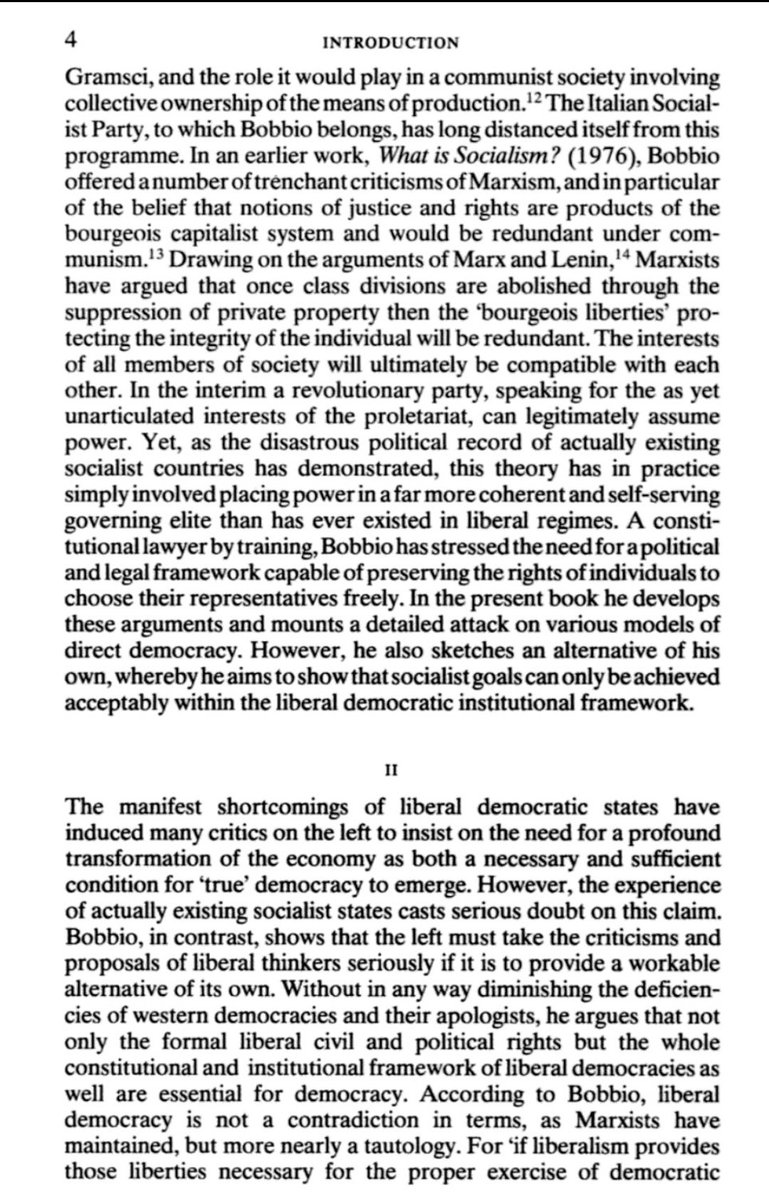
When I first put pen to paper, I thought all I should have to say on this matter, would have been contained in one sheet of paper. -- John Locke
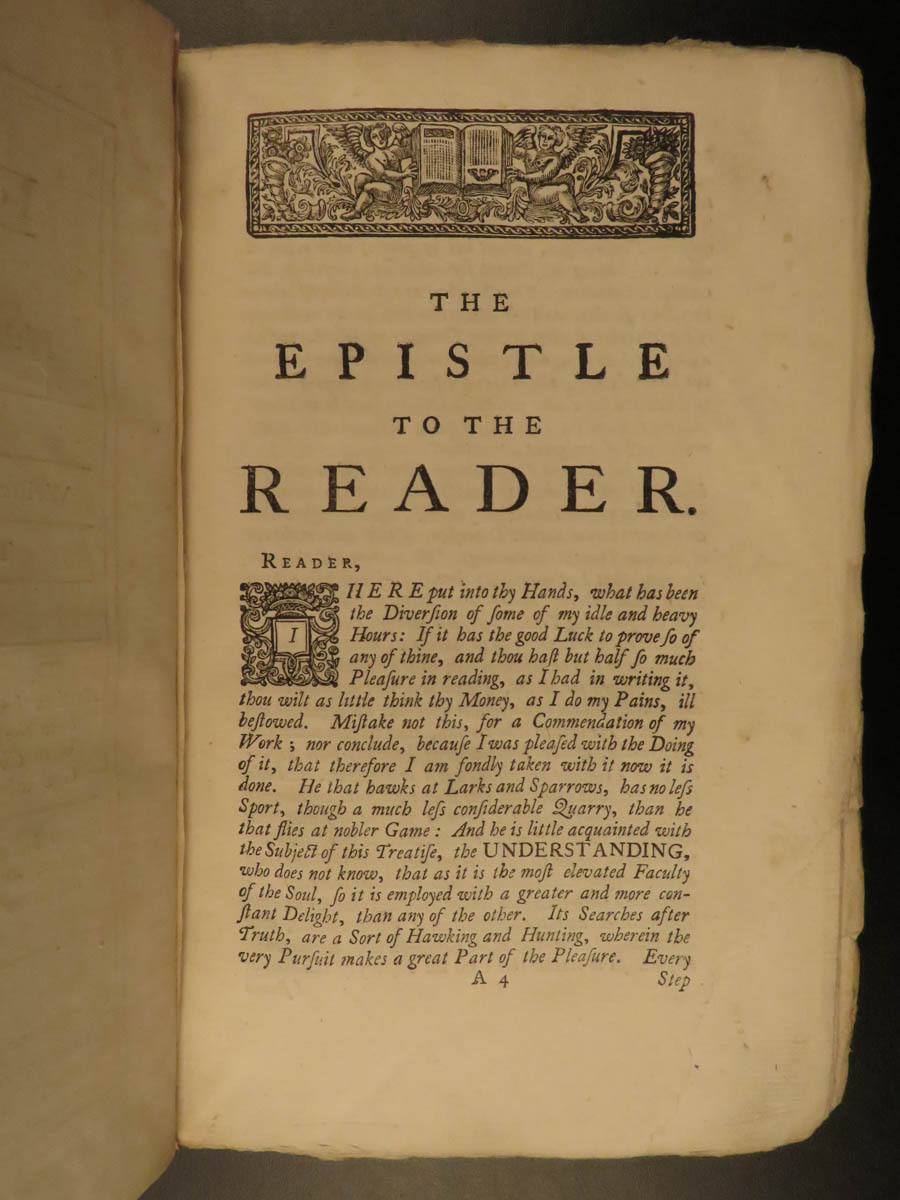
Norberto Bobbio did his best to champion Karl Popper's open society work in Italy post-War, promoting universal suffrage, individual rights, control of public power, and autonomy for local authorities, all conducive in Bobbio's view toward each person's "sacrosant dignity."
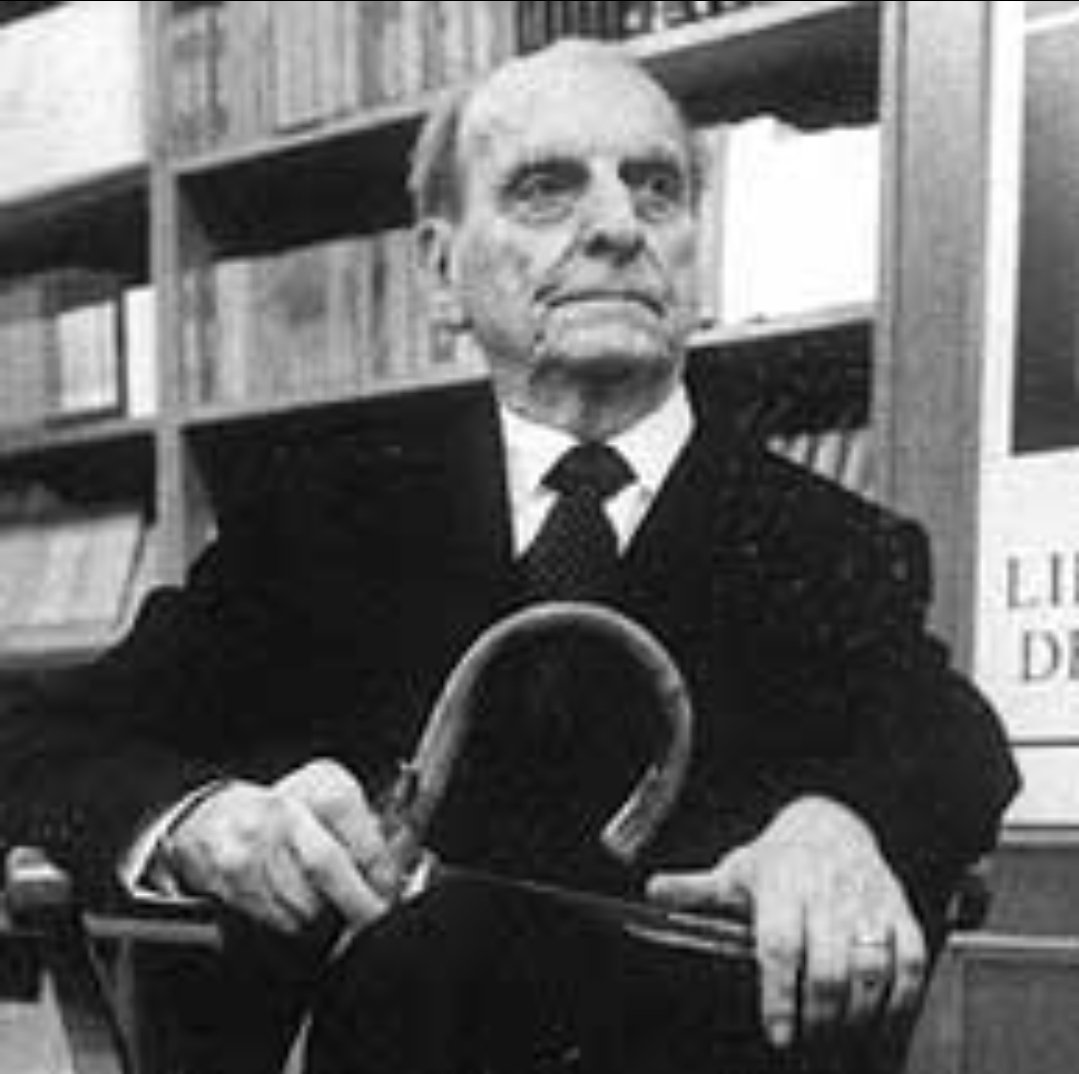
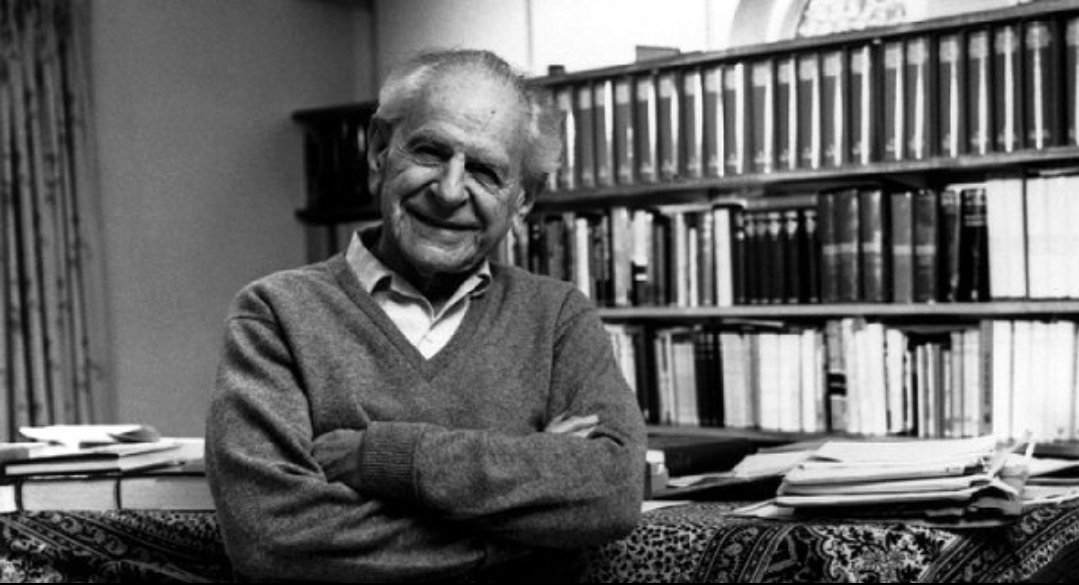
Locke published Two Treatises (1690) to lend ideological justification to the "Glorious Revolution" overthrowing King James II, restricting royal power and enhanced Parliament’s authority.
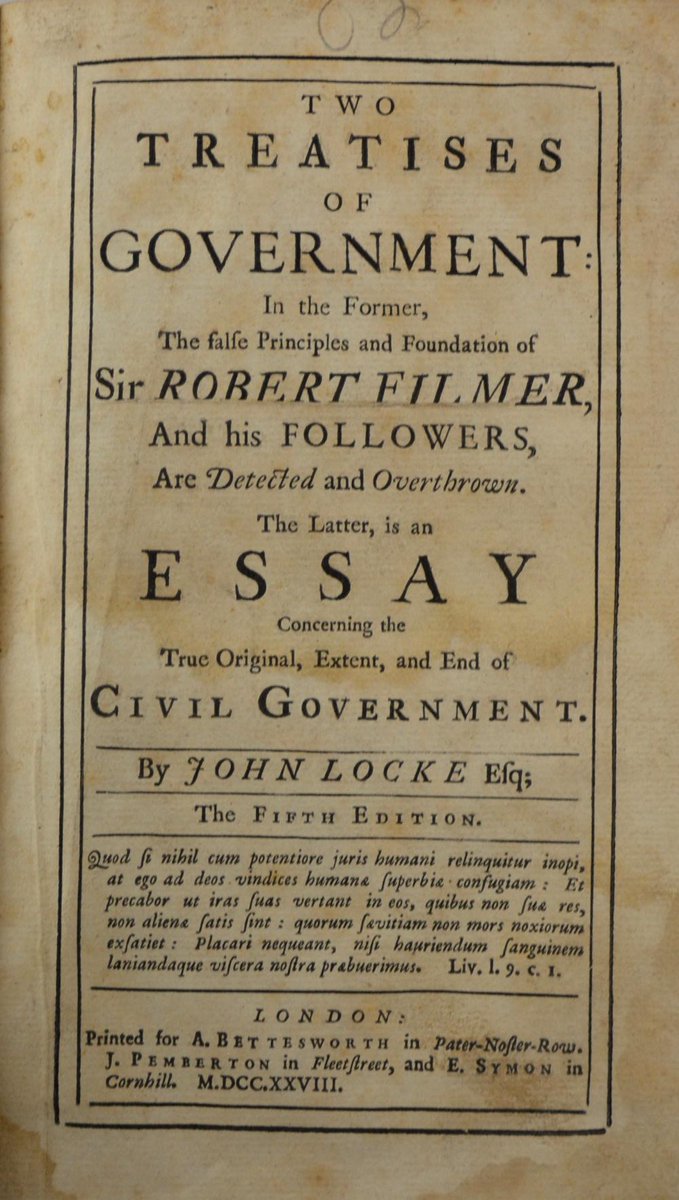
A conundrum for Husserl's phenomenology was that, if the life-world is pregiven, how does it (transcendentally) depend on consciousness for its constitution? But describing the life-world is itself theoretical activity, yet this theoretical activity presupposes the life-world.
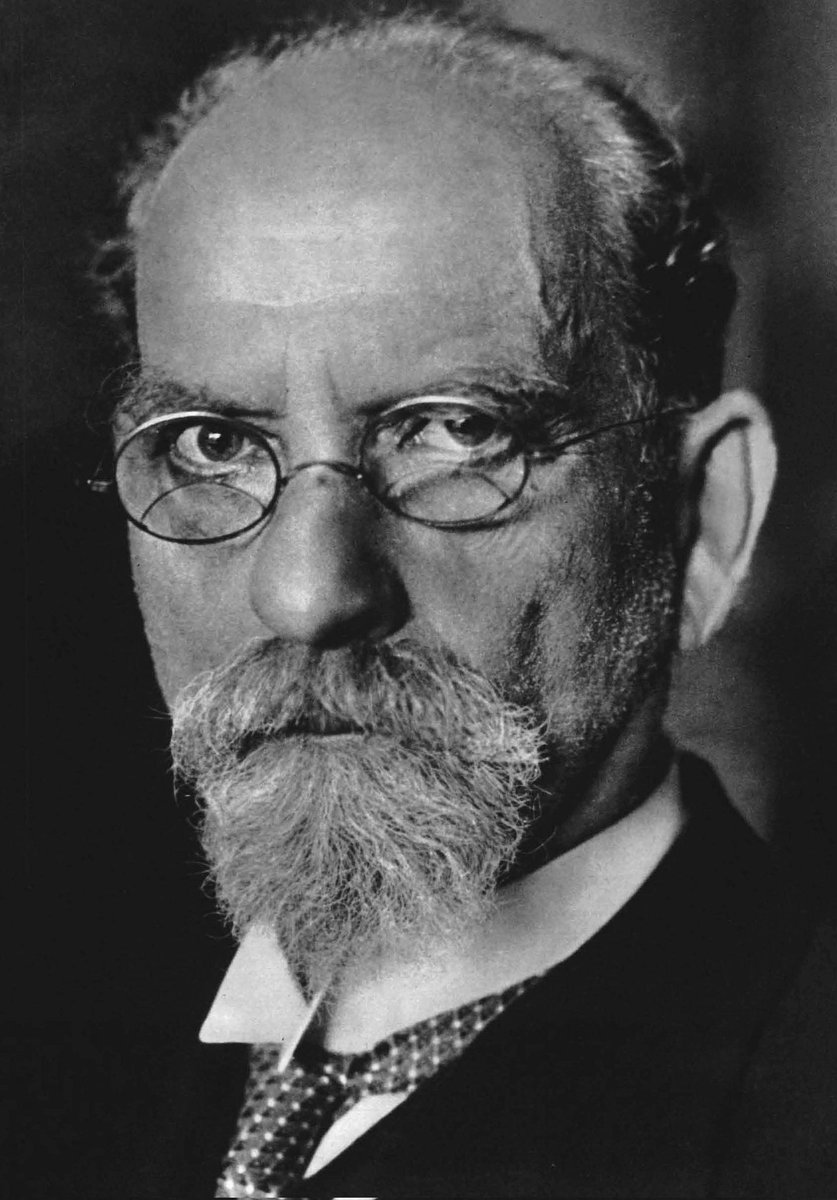
On the inside front cover of his personal copy of The Concept of Law, Lon Fuller wrote: "As with so much modern writing in the positivist mood, Hart's favorite term is 'control'. Law is a system of rules used as an 'instrument of social control'."
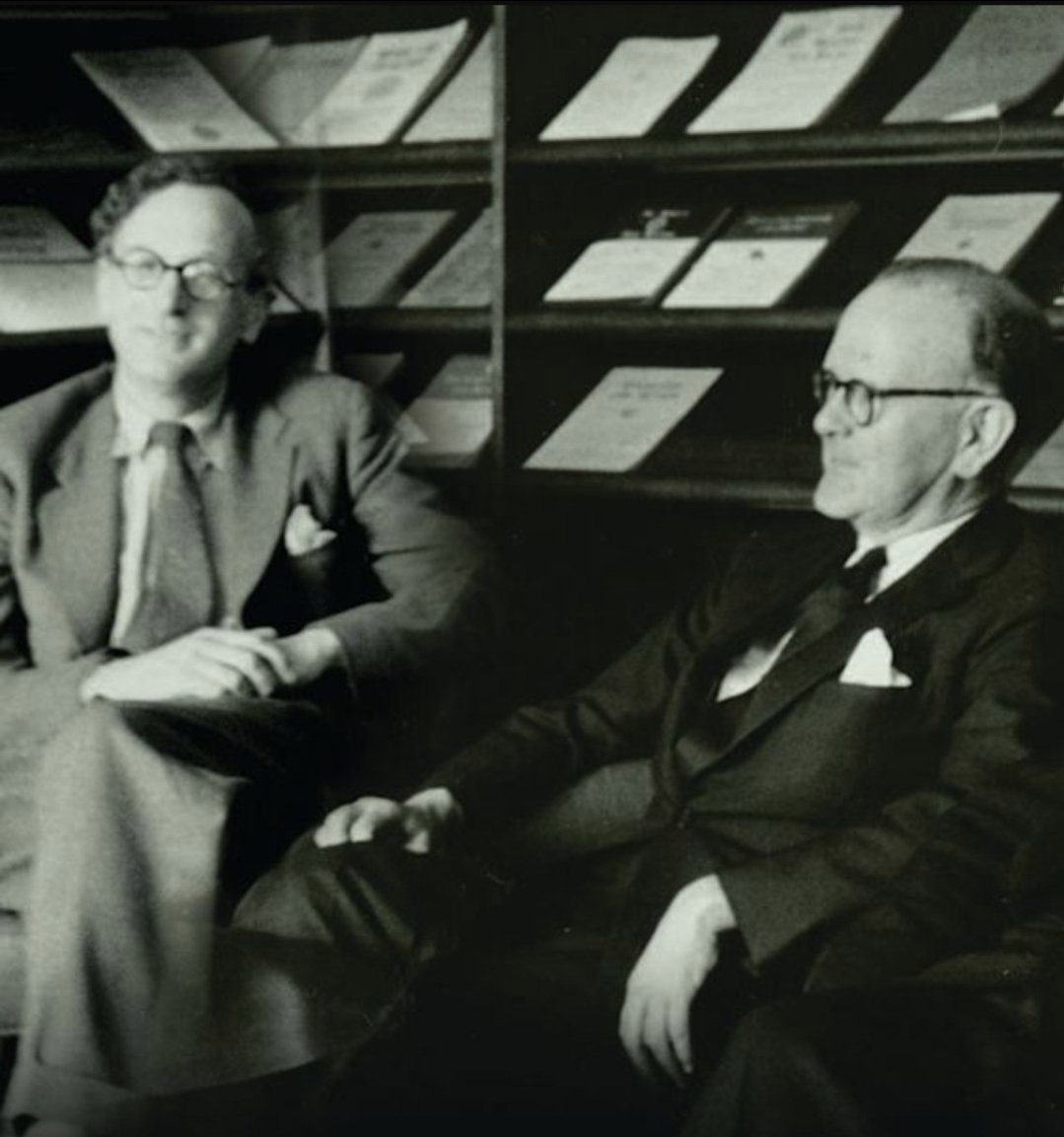
Kelsen (1957) says, "If the history of humankind proves anything, it is the futility of the attempt to establish, in the way of rational considerations, an absolutely correct standard of human behavior."
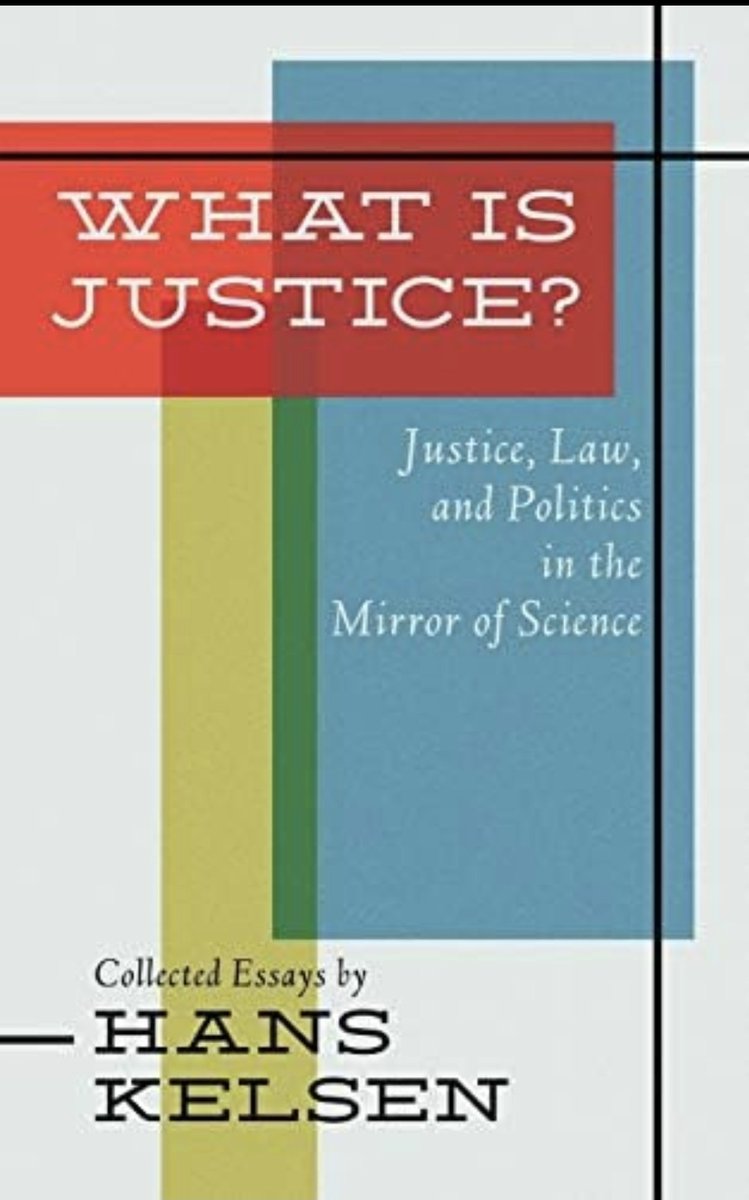
Nixon was diagnosed with phlebitis in Oct 1974, when he was under subpoena for the trial of three of his former aides (John Dean, H. R. Haldeman, and John Ehrlichman).
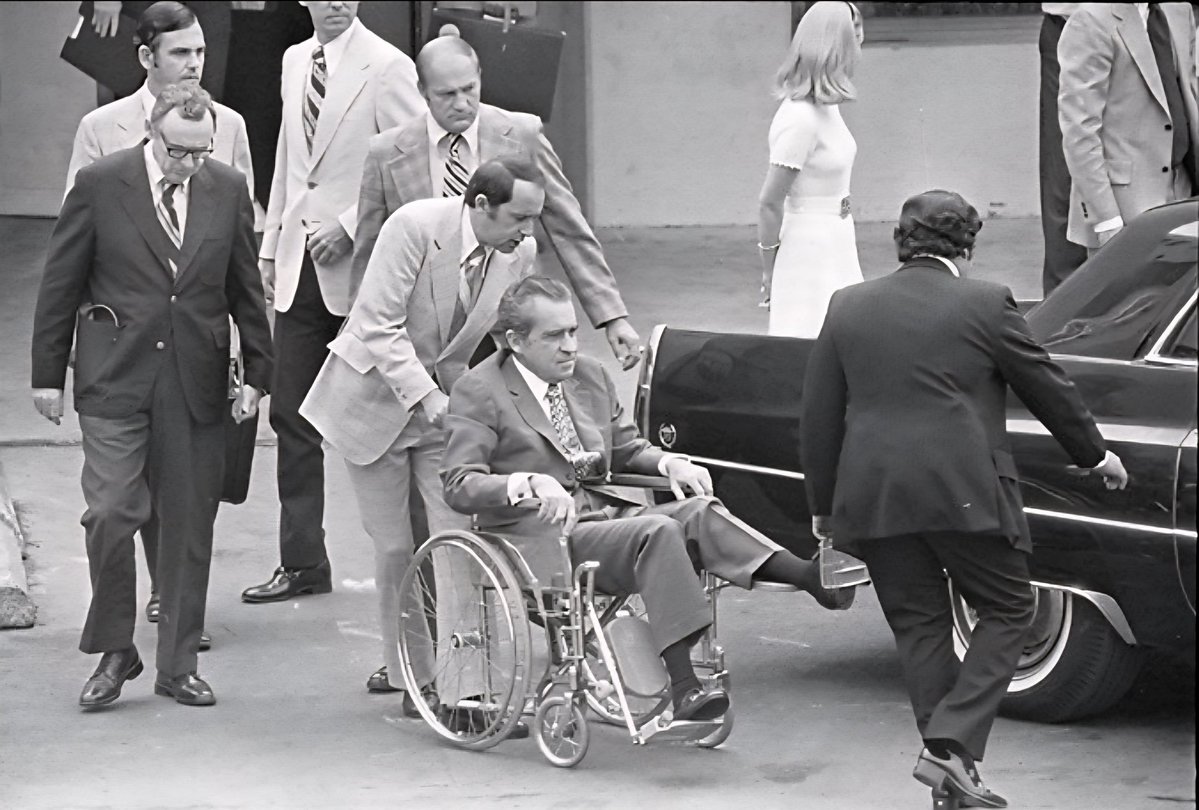
Codifying a customary practice or moral principle that restrains power preserves it as an idea whose potency increases as both bench and bar cite, interpret, misinterpret, and extend its original meaning. -- William Huse Dunham (1965)
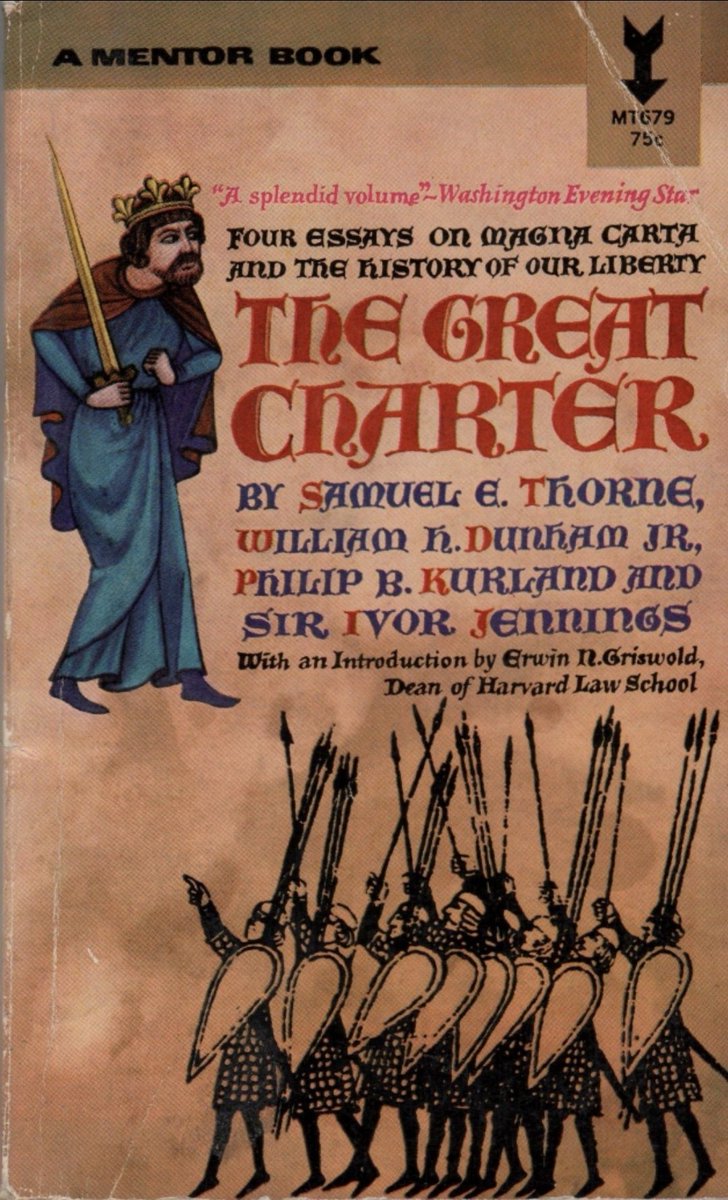
When I was a child I pictured our language as settled and passed down by a board of syndics, seated in grave convention along a table in the style of Rembrandt, a picture undisturbed by the question what language the syndics might have used. -- WVO Quine
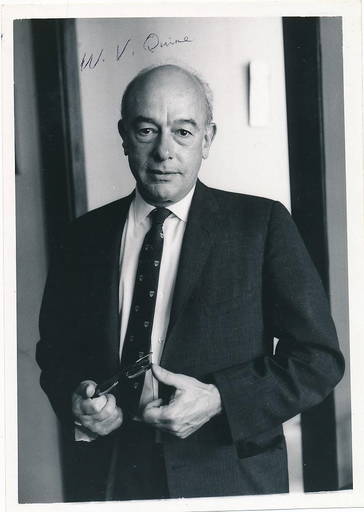
Jurists object to the lifetime appointment of Emil Bove to the US Court of Appeals for the Third Circuit.
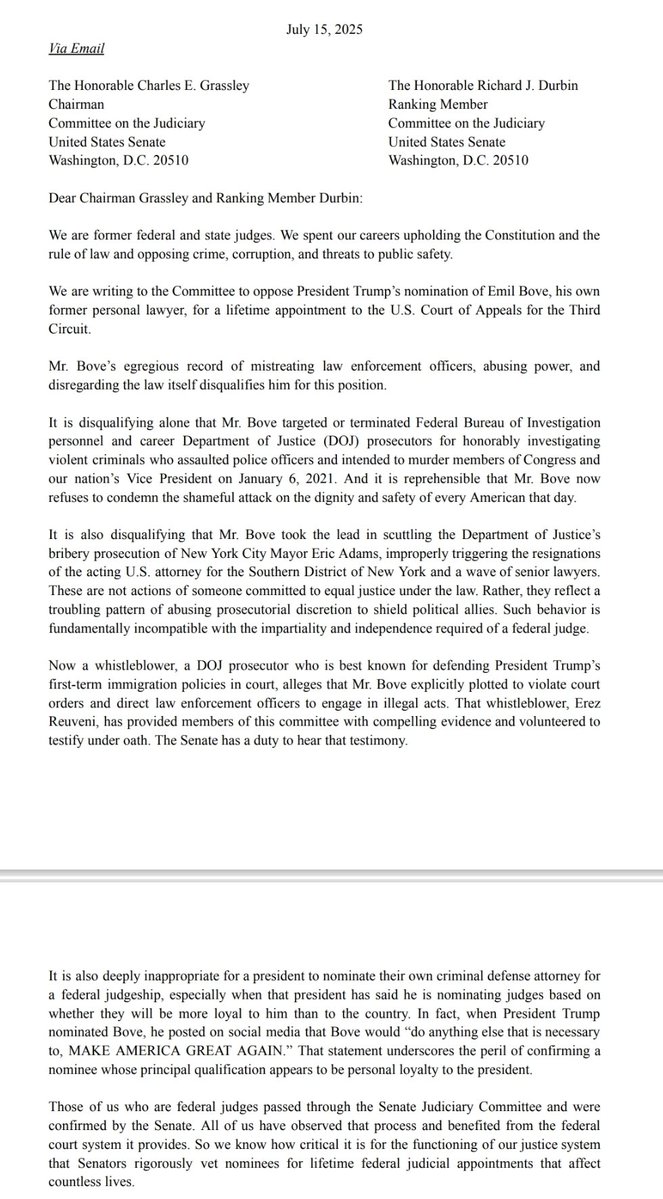
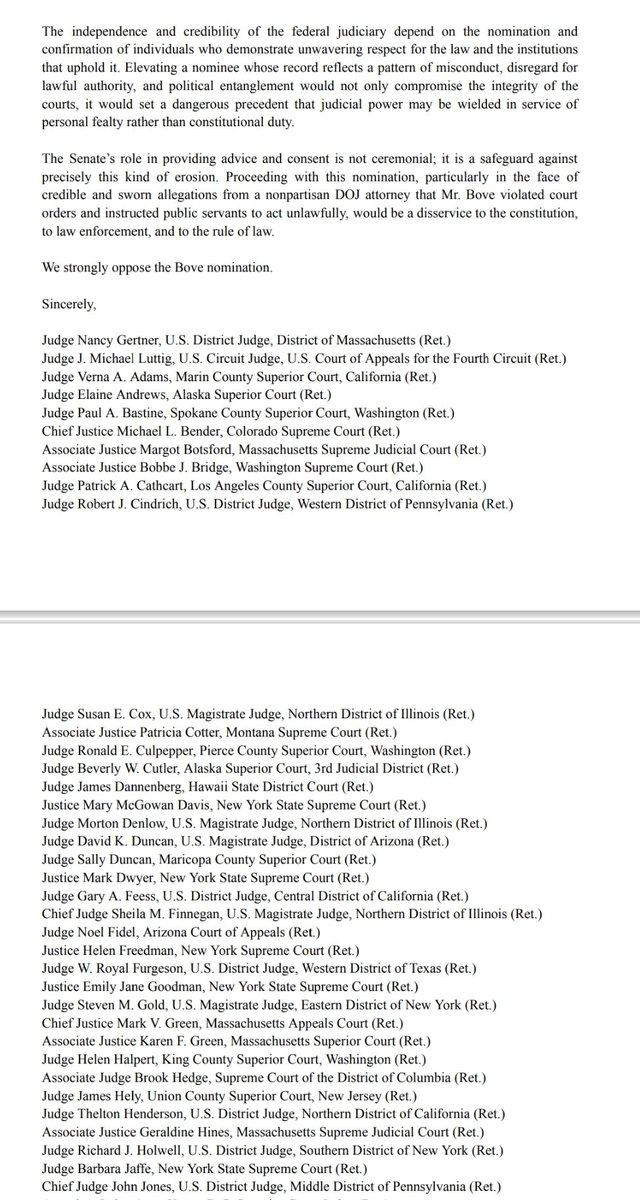
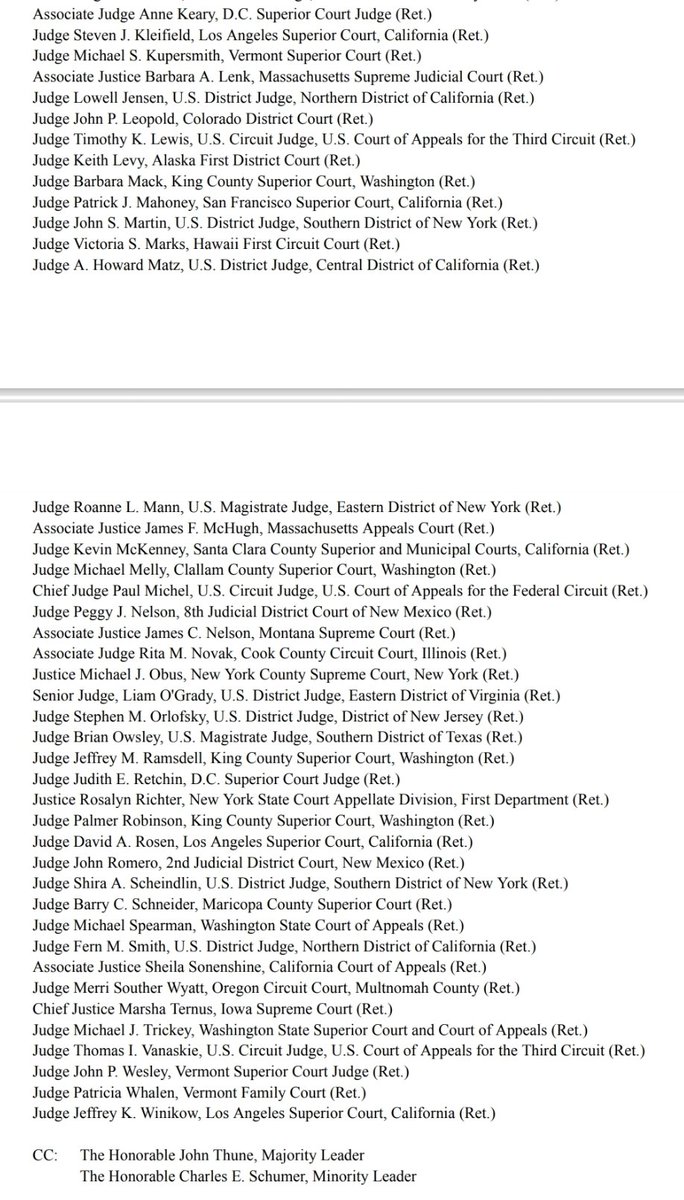
Responding to Ronald Dworkin's thesis that our duty to obey arises when we can interpret the legal order to respect each person's dignity & equal importance, Candice Delmas @Northeastern says that, "more commonly," citizens' main role, under Dworkinian dignity, is to resist.
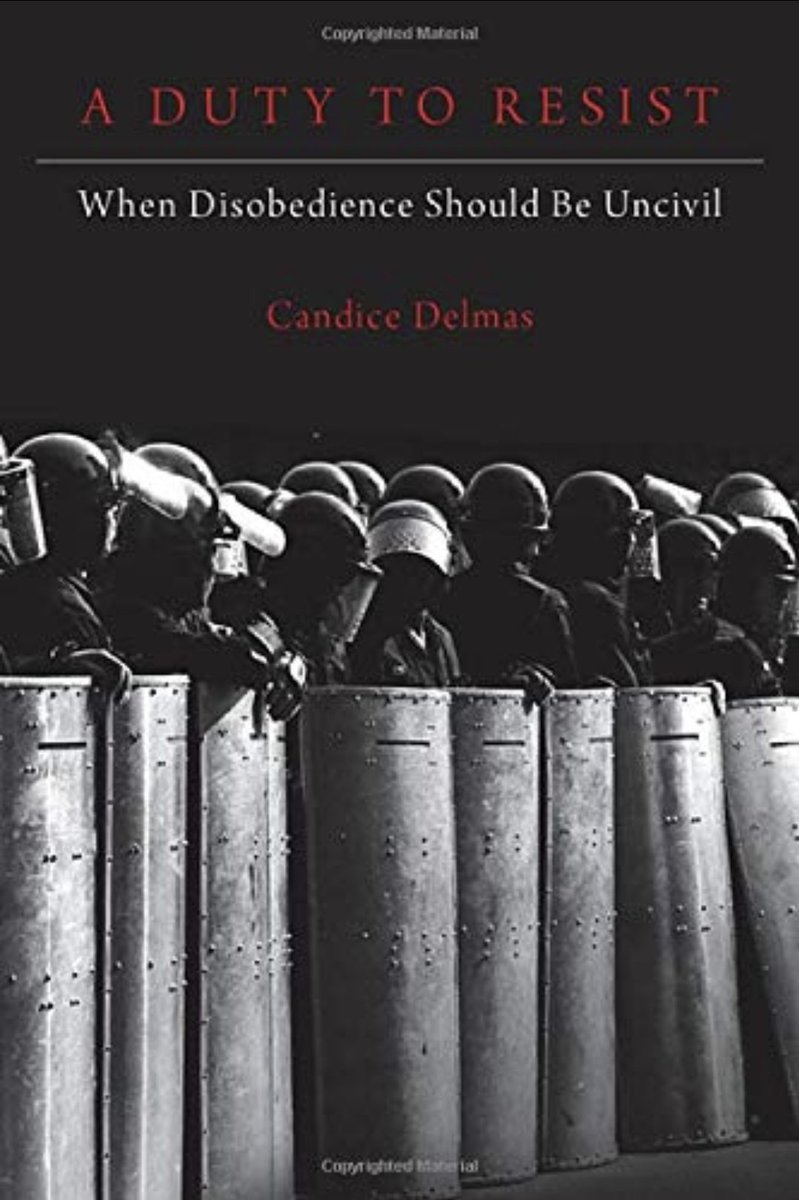
The "dead things" of property reduce the owner to a "particularity" militating against the community of life with others, and by remaining outside their unity prevents the ultimate harmony and union between individuals in love, says young Hegel.
